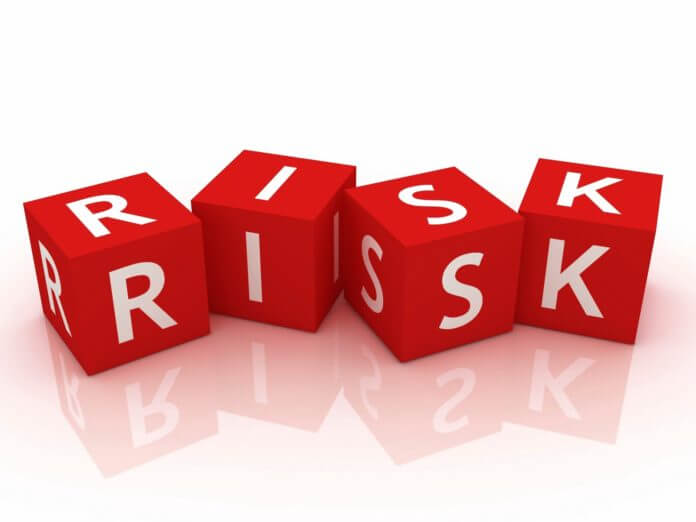1st step of risk management is knowing the probabilities of a bad outcome. But to manage it better one needs to know the meaning of risk.
Risk is what you don’t see coming.
–Risk exists in the future, and it’s impossible to know what the future holds. Expectations of the future are formulated on the basis of what happened in the past, but the events of the future may be completely different than what happened in the past (e.g. 9/11, 2008 sub-prime crisis, COVID ). People who usually expect the future to be like the past, they underestimate the potential for change.
-We prepare a lot of worst-case scenarios. But most of the time they don’t turn out to be bad enough. In day-to-day life what we mean by worst-case-scenario, in reality, is a bad-case-scenario.
Howard Marks tells his father’s story of a gambler who lost regularly. One day he heard about a race with only one horse in it, so he bet the rent money. Halfway around the track, the horse jumped over the fence and ran away. Things can get worse than what people can expect. For most of us, the worst-case scenario refers to the worst what we can imagine.
-Knowing the probabilities doesn’t mean that you know the outcomes. There’s a big difference between probabilities and outcomes. Unlikely things happen – and likely thinks fail to happen-all the time. Probabilities are likelihoods and very far from the certainties.
–MorganHouse beautifully explains the risk , risk management and its impact on the people in two short sentences:
Risk has three parts: The odds you will get hit, the average consequences of getting hit, and the tail-end consequences of getting hit. How people respond to risk is heavily influenced by the tail-end consequences of getting hit, even if it’s the least probable outcome.
-Risks mean more things can happen than will happen- Elroy Dimson
People who rely on forecasting seem to think there’s only one possibility, meaning risk can be eliminated if they figure out which one it is. The rest of us know many possibilities exist today, and it is not knowable which of them will occur. And as the scenario keeps changing, meaning there will be new possibilities tomorrow.
“It is better to be vaguely right than being exactly wrong ” Carveth Read
-We’re not mentally prepared to think about widespread risk, hence risk management becomes very challenging.
If you read about Cobra Effect , you can understand the above point much better
A very much missed angle of risk:
In definition a risk is the probability of a bad outcome.
But here is an irony!
Most of us think risk in terms of a loss, losing money, getting injured, probability of not getting selected etc. etc.
The irony is that the majority does not think risk as missing-out on opportunities of higher returns.
Most people try to avoid losses , but how many try manage the risk of not losing out on potential opportunities.
Here’s German psychologist Gerd Gigerenzer in his book Risk Savvy:
6 clapsPeople aren’t stupid. The problem is that our educational system has an amazing blind spot concerning risk literacy.
We teach our children the mathematics of certainty—geometry and trigonometry—but not the mathematics of uncertainty, statistical thinking. And we teach our children biology but not the psychology that shapes their fears and desires. Even experts, shockingly, are not trained in how to communicate risks to the public in an understandable way.





